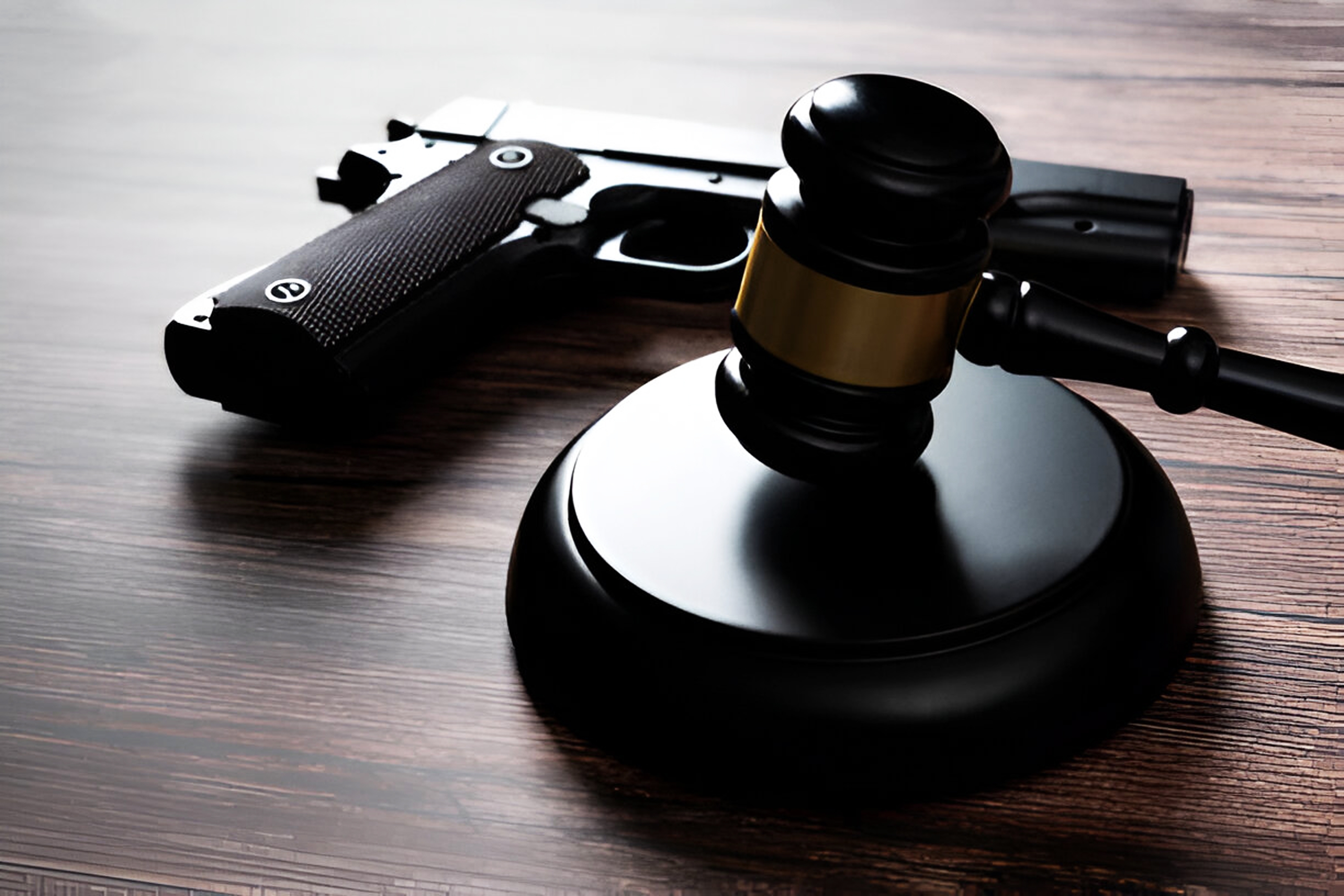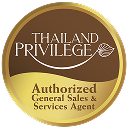Understanding Gun Laws in Thailand
Thailand enforces strict firearm regulations to protect public safety. While private gun ownership is allowed, it is heavily controlled through a robust legal framework. Anyone considering owning or handling firearms must first understand the laws and licensing process.
Legal Basis for Firearm Ownership
Gun ownership in Thailand is governed under the Firearms, Ammunition, Explosives, Fireworks, and Imitation of Firearms Act B.E. 2490 (1947), as amended.
This act outlines:
- Who can own firearms
- What types of firearms are permitted
- The process for obtaining and renewing licenses
- Penalties for violations
Who Can Own Guns in Thailand
Only Thai citizens and qualified residents can legally own guns. Applicants must:
- Be at least 20 years old
- Pass background checks and have no criminal record
- Provide a legitimate reason for ownership (e.g., self-defense, sport, or hunting)
Types of Firearms Allowed
Private citizens may own:
- Pistols – for personal protection
- Rifles – for hunting
- Shotguns – for sport shooting
Fully automatic and military-grade weapons are strictly prohibited.
Firearm Licensing Process
To legally possess a firearm in Thailand, one must obtain a license (Por.3 and Por.4 forms) from the District Office or Local Police Station.
Steps include:
- Submitting identification and proof of residence
- Providing a valid reason for ownership
- Completing background checks
- Attending safety and firearm training
- Registering the firearm and obtaining the license
Licenses must be renewed periodically and firearms stored according to national safety standards.
Gun Restrictions in Thailand
Thailand prohibits firearms in sensitive or public areas, including:
- Schools and universities
- Government buildings
- Airports and transport hubs
Carrying firearms without proper authorization is a serious offense punishable by imprisonment.
Buying and Importing Firearms
Foreign nationals face tighter restrictions:
- Tourists are not permitted to own or carry firearms.
- Long-term residents with valid visas may apply under specific circumstances.
- Importing firearms requires prior approval from the Ministry of Interior and customs documentation .
Gun Safety and Responsible Ownership
Gun ownership carries both rights and responsibilities.
Owners must:
- Store firearms in locked gun safes
- Keep ammunition separate
- Report loss or theft to authorities immediately
Improper storage or unauthorized transfer of firearms can lead to criminal prosecution.
Legal Use and Self-Defense
Use of firearms is permitted only for lawful purposes, mainly self-defense. Misuse—including firing in public or negligent discharge—can lead to imprisonment and revocation of licenses.
Consequences of Illegal Gun Ownership
Illegal possession or use of firearms can result in:
- Imprisonment of up to 10 years
- Fines up to THB 20,000
- Permanent loss of gun ownership privileges
Shooting Ranges and Hunting Regulations
For enthusiasts, Thailand provides legal venues and guidelines for responsible firearm use.
- Shooting Ranges: Licensed facilities allow supervised practice for those holding valid firearm licenses.
- Hunting: Permitted only in designated wildlife zones with hunting permits issued by the Department of National Parks, Wildlife, and Plant Conservation.
Gun Culture in Thailand
Firearms are part of Thailand’s cultural and historical landscape, often viewed as tools for protection and sport rather than status symbols. Public campaigns emphasize safe handling, legal compliance, and education over ownership expansion.
In comparison, Thailand’s laws are stricter than the United States but more flexible than some European countries, offering a middle-ground approach that prioritizes safety while allowing legitimate use.
Modern Trends and Policy Updates
Recent amendments have introduced:
- Stricter background checks
- Harsher penalties for illegal firearms
- Digital registration systems for traceability
These efforts aim to enhance national security and reduce firearm-related incidents.
FAQs About Guns in Thailand
1. Are guns allowed for tourists in Thailand?
No. Tourists are not permitted to own or carry firearms. Only long-term residents with legal licenses may do so.
2. What types of guns can private citizens legally own?
Pistols, rifles, and shotguns—subject to licensing. Military-grade weapons remain prohibited.
3. How do I apply for a gun license in Thailand?
Apply at a local police station with identification, proof of residence, and a valid reason. You must pass background checks and firearm safety training.
4. What happens if someone owns a gun illegally?
Severe penalties apply, including imprisonment, fines, and lifetime disqualification.
5. Can foreigners import firearms?
Yes, but only with a long-term visa and prior authorization from the Ministry of Interior. Imports require extensive documentation and customs clearance.
Thailand’s firearm laws reflect a careful balance between personal freedom and public safety. For residents, understanding and following the law is crucial. For visitors, respecting these regulations ensures a safe and lawful stay in the Kingdom.
References
- Firearms, Ammunition, Explosives, Fireworks, and Imitation of Firearms Act, B.E. 2490 (1947)
- Royal Thai Police – Firearm Licensing and Registration Guidelines
- Ministry of Interior – Firearm Importation Procedures
- Department of National Parks – Hunting and Wildlife Regulations






.jpg)










